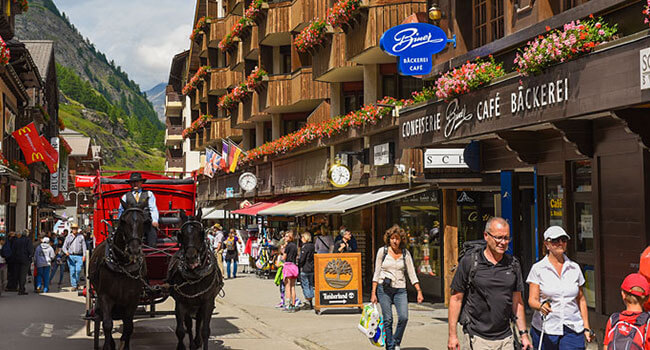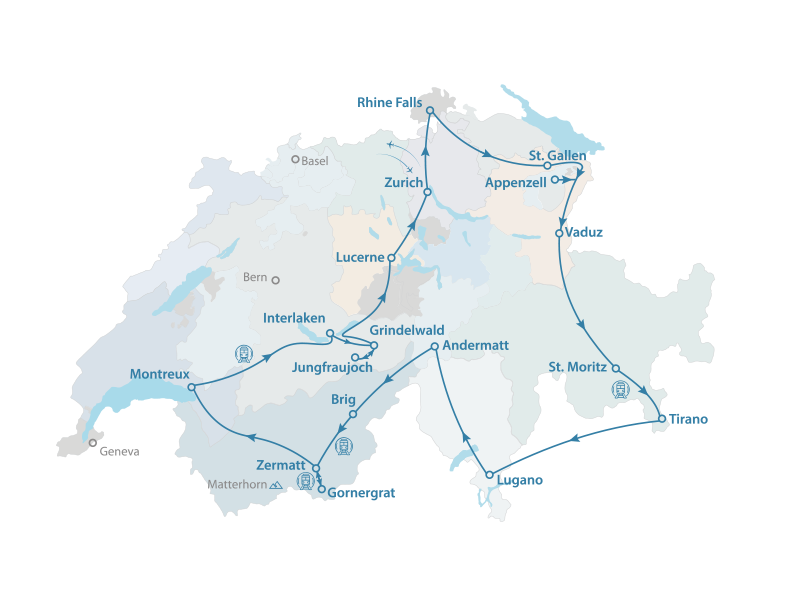Languages
Switzerland is a financial and cultural center. It is housing enormous corporations, historical buildings, and a beautiful natural landscape. Due to its beneficial position in the heart of Europe and the fact of bordering four large European countries: Austria, France, Germany, and Italy, Switzerland is famous for multilingualism and multicultural environment.
Switzerland being a “Willensnation” or nation of the will, is based on the country’s 26 cantons, or so-called administrative blocs, each accepted to cooperate with each other. Each canton has the option to choose its own official language. Both the geographical and cultural borders of Switzerland and the closest countries to the particular cantons influenced on the languages spoken in each canton.
Switzerland is considered being one of the rarest countries in the world with four languages: German, French, Italian and Romansh. These all are claimed as official languages. Apart from these four major languages, recently English has gained an increasing number of learners due to foreign students and businesses based in Switzerland. Swiss English is also widely used as a second language.
The language distribution is done unevenly. The most widespread one is German (63.5%). It is spoken in 19 cantons out of 26. The Northern and Eastern Switzerland are mainly German-speaking regions, which include Bern, Basel and Zurich.
Then comes French (22.5%), which is used in the western part of the country including the cities of Geneva, Lausanne, Neuchatel, Montreux. The cantons of Valais, Fribourg and Bern are officially bilingual, speaking both French and German.
The third is Italian (8.1%) with Swiss-Italian spoken in Ticino and some part of the canton of Graubünden. The only Italian-speaking city is currently Lugano, which lies to the southern borders of the country linking Italy to Switzerland. The last place takes Romansh (0.5%), which is again used in the canton of Graubünden.
There are many language centers, summer, winter camps as well as specialized Language schools, where one can learn and improve their language skills in an actioned-packed, timely manner and meeting high standards.
In addition to the four Swiss official languages, there are also other languages, which are being spoken by the non-native people living in the country.
In spite of the variety and contrasts in language, religion and way of life the population shows an exceptional unity in Switzerland.
There are also a number of dialects (Bern-German, Lucerne-German, Sense-German, etc.) spoken by Swiss people. While in Europe and many other parts of the world using dialects is considered somehow uncultured, the Swiss use their dialects very proudly in usual daily communication as well as in the universities, during business negotiations etc.
The reason of having many official languages, as well as other unofficial languages, spoken by its citizens is that Switzerland is not and has never been ethnically homogenous country.
Whether you are planning to visit Switzerland, no need to worry, as English is more or less spoken in every canton. However, learning some simple phrases or short sentences will surely help you in this country, as well as will impress any Swiss person!


